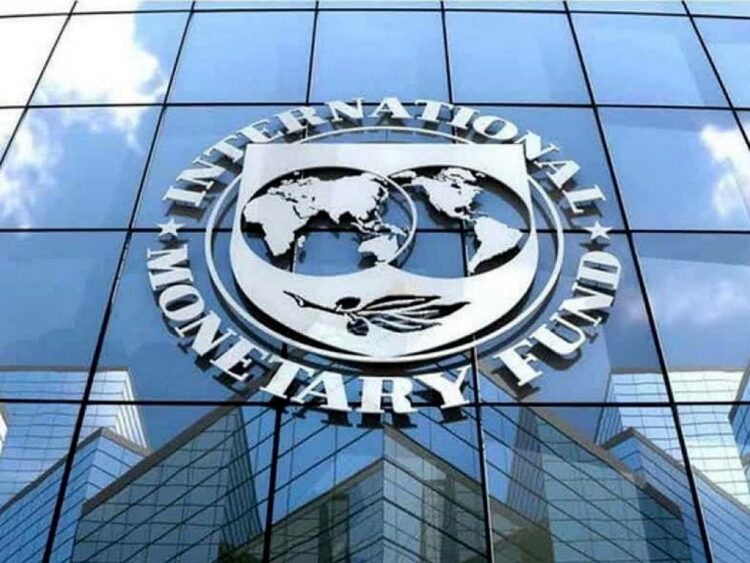Nigeria’s financial obligations to the International Monetary Fund (IMF) surged by over ₦2.5 trillion in 2024, effectively doubling the country’s liabilities to the global lender within a year. This escalation is attributed primarily to the depreciation of the naira and increased borrowing under President Bola Tinubu’s administration.
According to the Central Bank of Nigeria’s (CBN) financial statements, Nigeria’s IMF-related liabilities stood at ₦2.524 trillion in 2023 but rose to ₦5.069 trillion by the end of 2024. The CBN attributed this increase to an exchange loss of ₦2.544 trillion, resulting from the naira’s depreciation. These liabilities represent payables owed by the Federal Government of Nigeria to the IMF’s General Purpose Account.
This development has raised concerns about Nigeria’s escalating debt profile, especially in light of President Tinubu’s earlier commitment to reduce the country’s reliance on borrowing for public expenditure. In August 2023, during the inauguration of the Presidential Committee on Tax Reforms, Tinubu emphasized his administration’s resolve to break the cycle of overreliance on borrowing.
Despite these intentions, the Tinubu administration has witnessed a significant increase in external and domestic debts. As of June 30, 2023, the Federal Government’s external debt stood at ₦29.8 trillion. By December 31, 2024, this figure had escalated to ₦62.917 trillion, marking an increase of ₦33.1 trillion in 18 months. Similarly, domestic debt rose from ₦48.3 trillion in June 2023 to ₦70.4 trillion by the end of 2024, reflecting a growth of ₦22.1 trillion. In total, the Federal Government’s debt increased by ₦55.2 trillion during this period.
The rising debt levels have also led to increased debt servicing costs. In the fourth quarter of 2024, the government spent ₦2.199 trillion on debt servicing, surpassing both the ₦2.067 trillion budgeted for the period and the ₦2.055 trillion spent in the previous quarter. This figure also exceeded the ₦1.876 trillion spent in the same period of 2023.
As of September 2024, Nigeria’s total public debt stock stood at ₦142.32 trillion, representing 51.29% of the country’s Gross Domestic Product (GDP). While this is below the 70% threshold for market-access countries, the continuous rise in debt levels remains a concern. The increase was largely due to revaluation effects from the naira’s depreciation and new borrowings to finance the 2024 budget deficit.
The Debt Management Office (DMO) reported that Nigeria’s total public debt reached ₦144.6 trillion by the end of 2024, up from ₦97.3 trillion the previous year. This significant increase underscores the challenges facing the Tinubu administration in managing the country’s fiscal health amid economic reforms and currency fluctuations.

